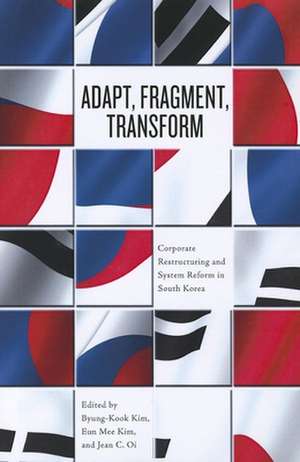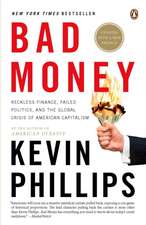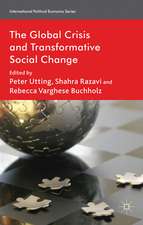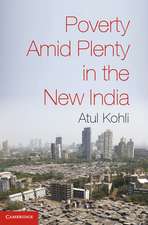Adapt, Fragment, Transform: Corporate Restructuring and System Reform in South Korea
Editat de Byung-Kook Kim, Eun Mee Kim, Jean C. Oien Limba Engleză Paperback – 24 iul 2012
South Korea remains a puzzle for political economists. The country has experienced phenomenal economic growth since the 1960s, but its upward trajectory has been repeatedly diverted by serious systemic crises, followed by spectacular recoveries. The recoveries are often the result of vigorous structural reforms that nonetheless retain many of South Korea's traditional economic institutions. How, then, can South Korea suffer from persistent systemic instability and yet prove so resilient? What remains the same and what changes?
The contributors to this volume consider the South Korean economy in its larger political context. Moving beyond the easy dichotomies—equilibrium vs. disequilibrium and stability vs. instability—they describe a complex and surprisingly robust economic and political system. Further, they argue that neither systemic challenges nor political pressures alone determine South Korea's stability and capacity for change. Instead, it is distinct patterns of interaction that shape this system's characteristics, development, and evolution.
The contributors to this volume consider the South Korean economy in its larger political context. Moving beyond the easy dichotomies—equilibrium vs. disequilibrium and stability vs. instability—they describe a complex and surprisingly robust economic and political system. Further, they argue that neither systemic challenges nor political pressures alone determine South Korea's stability and capacity for change. Instead, it is distinct patterns of interaction that shape this system's characteristics, development, and evolution.
Preț: 238.48 lei
Nou
Puncte Express: 358
Preț estimativ în valută:
45.63€ • 48.80$ • 38.05£
45.63€ • 48.80$ • 38.05£
Carte tipărită la comandă
Livrare economică 17 aprilie-01 mai
Preluare comenzi: 021 569.72.76
Specificații
ISBN-13: 9781931368216
ISBN-10: 193136821X
Pagini: 360
Ilustrații: Illustrations
Dimensiuni: 152 x 229 x 13 mm
Greutate: 0.5 kg
Ediția:New.
Editura: Brookings Institution Press
Colecția Shorenstein Asia-Pacific Research Center
ISBN-10: 193136821X
Pagini: 360
Ilustrații: Illustrations
Dimensiuni: 152 x 229 x 13 mm
Greutate: 0.5 kg
Ediția:New.
Editura: Brookings Institution Press
Colecția Shorenstein Asia-Pacific Research Center
Notă biografică
Byung-Kook Kim directed the East Asia Institute (2002–08), before serving as the senior secretary for Foreign Affairs and National Security in the Lee Myung-bak presidency.
Eun Mee Kim is professor at the Graduate School of International Studies and director of the Institute for Development and Human Security, Ewha Womans University in Seoul.
Eun Mee Kim is professor at the Graduate School of International Studies and director of the Institute for Development and Human Security, Ewha Womans University in Seoul.
Descriere
South Korea remains a puzzle for political economists. The country has experienced phenomenal economic growth since the 1960s, but its upward trajectory has been repeatedly diverted by serious systemic crises, followed by spectacular recoveries. The recoveries are often the result of vigorous structural reforms that nonetheless retain many of South Korea's traditional economic institutions. How, then, can South Korea suffer from persistent systemic instability and yet prove so resilient? What remains the same and what changes?
The contributors to this volume consider the South Korean economy in its larger political context. Moving beyond the easy dichotomies—equilibrium vs. disequilibrium and stability vs. instability—they describe a complex and surprisingly robust economic and political system. Further, they argue that neither systemic challenges nor political pressures alone determine South Korea's stability and capacity for change. Instead, it is distinct patterns of interaction that shape this system's characteristics, development, and evolution.
The contributors to this volume consider the South Korean economy in its larger political context. Moving beyond the easy dichotomies—equilibrium vs. disequilibrium and stability vs. instability—they describe a complex and surprisingly robust economic and political system. Further, they argue that neither systemic challenges nor political pressures alone determine South Korea's stability and capacity for change. Instead, it is distinct patterns of interaction that shape this system's characteristics, development, and evolution.

















